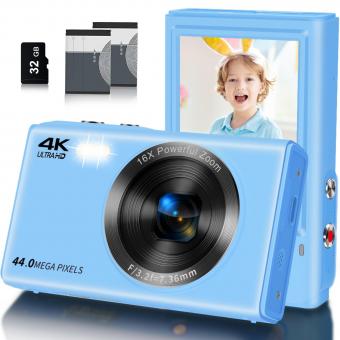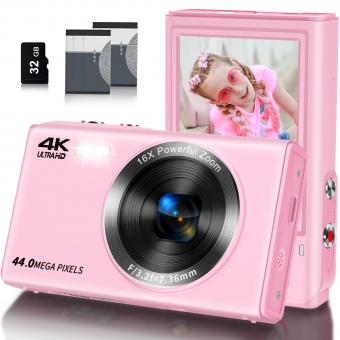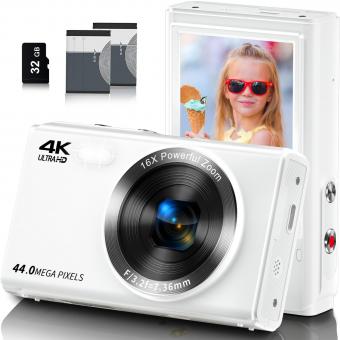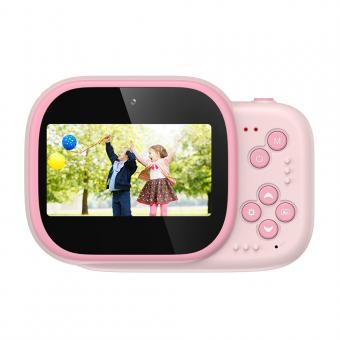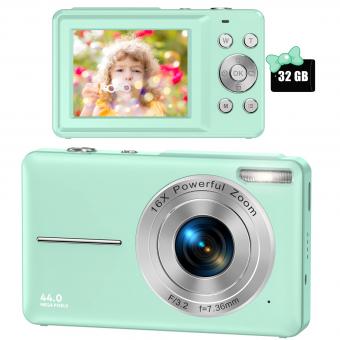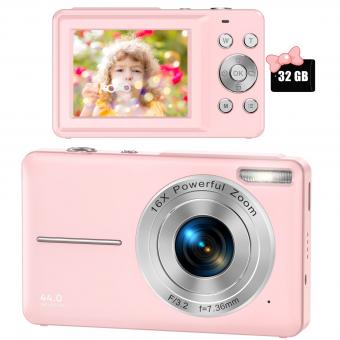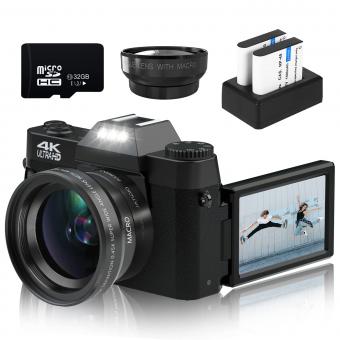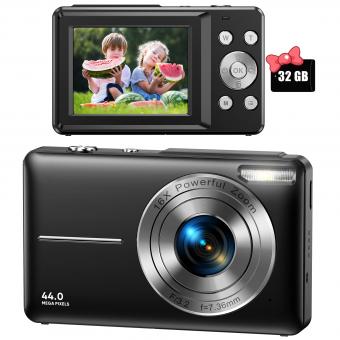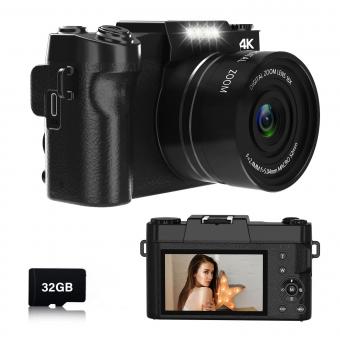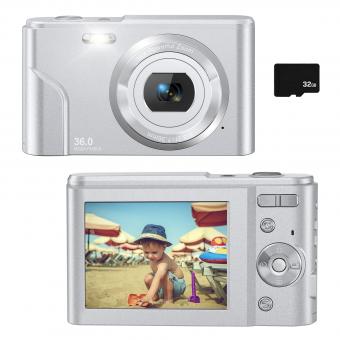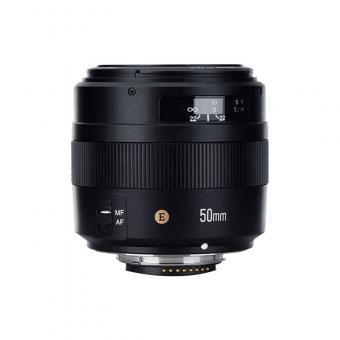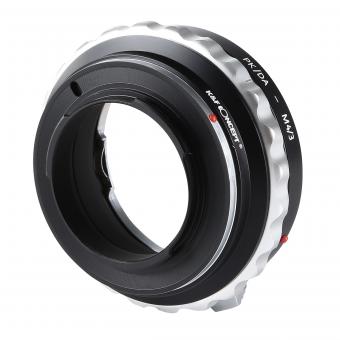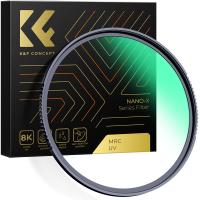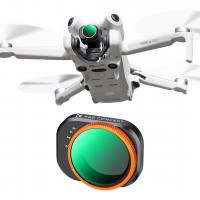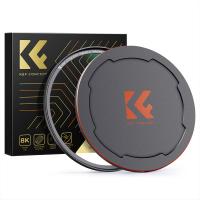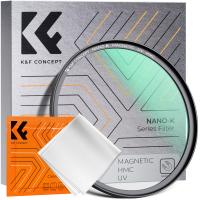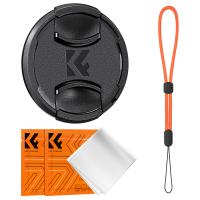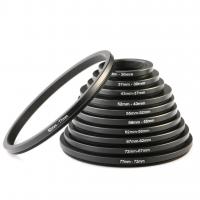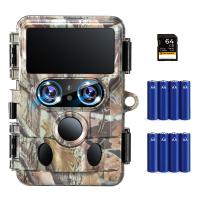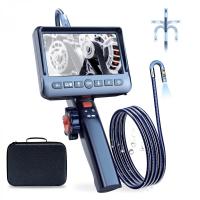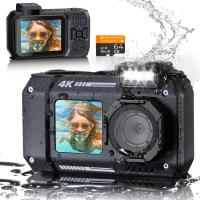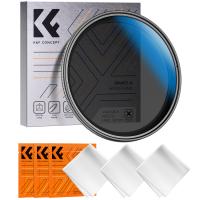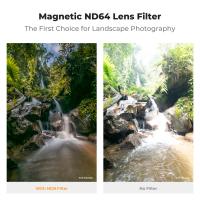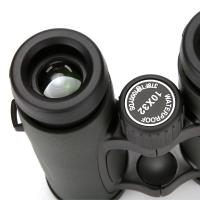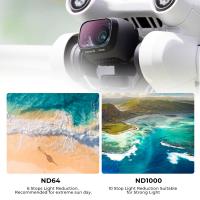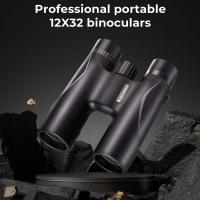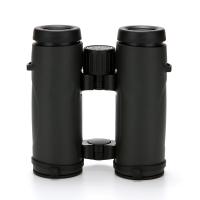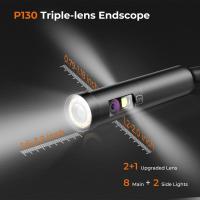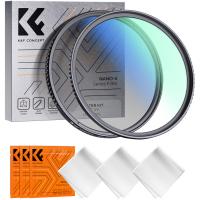Which Digital Camera Should I Get ?
The answer to this question depends on your specific needs and budget. Some popular digital camera brands include Canon, Nikon, Sony, and Fujifilm. It's important to consider factors such as image quality, lens options, size and weight, and features such as Wi-Fi connectivity and video capabilities. Researching and comparing different models within your price range can help you make an informed decision. Additionally, reading reviews from other users and professional photographers can provide valuable insights.
1、 Sensor size and type
Sensor size and type are crucial factors to consider when choosing a digital camera. The sensor is the part of the camera that captures the image, and its size and type determine the quality of the image. Generally, larger sensors produce better image quality, especially in low light conditions. Full-frame sensors are the largest and most expensive, while APS-C sensors are smaller and more affordable. Micro Four Thirds sensors are even smaller but offer a more compact camera body.
In addition to sensor size, the type of sensor is also important. CMOS sensors are the most common and offer good image quality and low power consumption. CCD sensors are less common but offer better image quality, especially in low light conditions. BSI (backside-illuminated) sensors are becoming more popular and offer improved low light performance.
When choosing a digital camera, it's important to consider your needs and budget. If you're a professional photographer or need the best image quality possible, a full-frame camera with a CMOS or CCD sensor is the way to go. If you're on a budget or need a more compact camera, an APS-C or Micro Four Thirds camera with a CMOS sensor is a good choice. BSI sensors are becoming more common and offer improved low light performance, so it's worth considering if you frequently shoot in low light conditions.
Overall, the best digital camera for you will depend on your needs and budget. Consider the sensor size and type, as well as other factors like lens selection, autofocus system, and video capabilities, to make an informed decision.

2、 Megapixels and image resolution
Which digital camera should I get? This is a common question that many people ask when they are looking to purchase a new camera. There are many factors to consider when choosing a digital camera, including the megapixels and image resolution.
Megapixels refer to the number of pixels in an image. The more megapixels a camera has, the higher the resolution of the image. However, it is important to note that megapixels are not the only factor that determines image quality. Other factors such as the quality of the lens, sensor size, and image processing also play a role in determining image quality.
In recent years, there has been a shift in focus from megapixels to other factors such as low light performance, dynamic range, and autofocus speed. Many camera manufacturers are now focusing on improving these areas to provide better overall image quality.
When choosing a digital camera, it is important to consider your needs and budget. If you are a professional photographer or require high-quality images for your work, then a camera with a high megapixel count may be necessary. However, if you are a casual photographer or simply want to capture memories, then a camera with a lower megapixel count may be sufficient.
Ultimately, the best digital camera for you will depend on your individual needs and preferences. It is important to do your research and read reviews before making a purchase to ensure that you are getting the best camera for your needs.
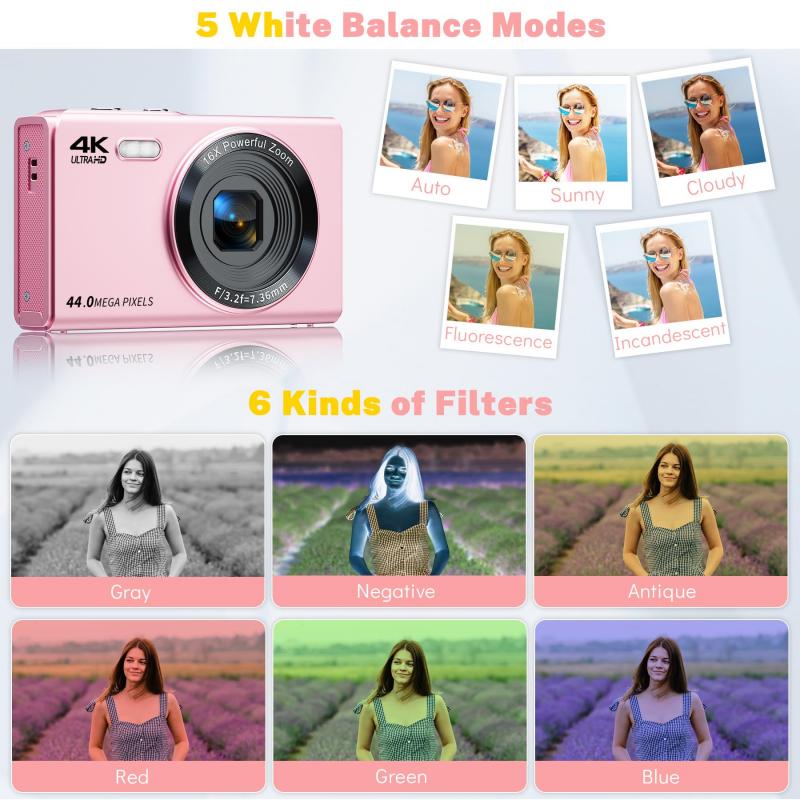
3、 Lens options and compatibility
Which digital camera should I get?
Choosing the right digital camera can be a daunting task, especially with the plethora of options available in the market. However, the answer to this question depends on your specific needs and budget. If you are a beginner, a point-and-shoot camera or a mirrorless camera with a kit lens can be a good option. On the other hand, if you are a professional photographer, a full-frame DSLR camera with interchangeable lenses may be more suitable.
When choosing a digital camera, it is important to consider factors such as image quality, sensor size, autofocus system, and video capabilities. Additionally, you should also consider the brand and lens options available for the camera you choose. Canon and Nikon are popular brands that offer a wide range of lenses and accessories, while Sony and Fujifilm are known for their mirrorless cameras with advanced features.
Lens options and compatibility are also important factors to consider when choosing a digital camera. Different lenses offer different focal lengths and aperture ranges, which can affect the quality and style of your photos. It is important to choose a camera that is compatible with the lenses you need for your photography style.
In recent years, mirrorless cameras have gained popularity due to their compact size, advanced features, and compatibility with a wide range of lenses. However, DSLR cameras still offer advantages such as longer battery life and faster autofocus systems.
In conclusion, the answer to the question "which digital camera should I get?" depends on your specific needs and budget. Consider factors such as image quality, sensor size, autofocus system, video capabilities, brand, and lens options when making your decision.
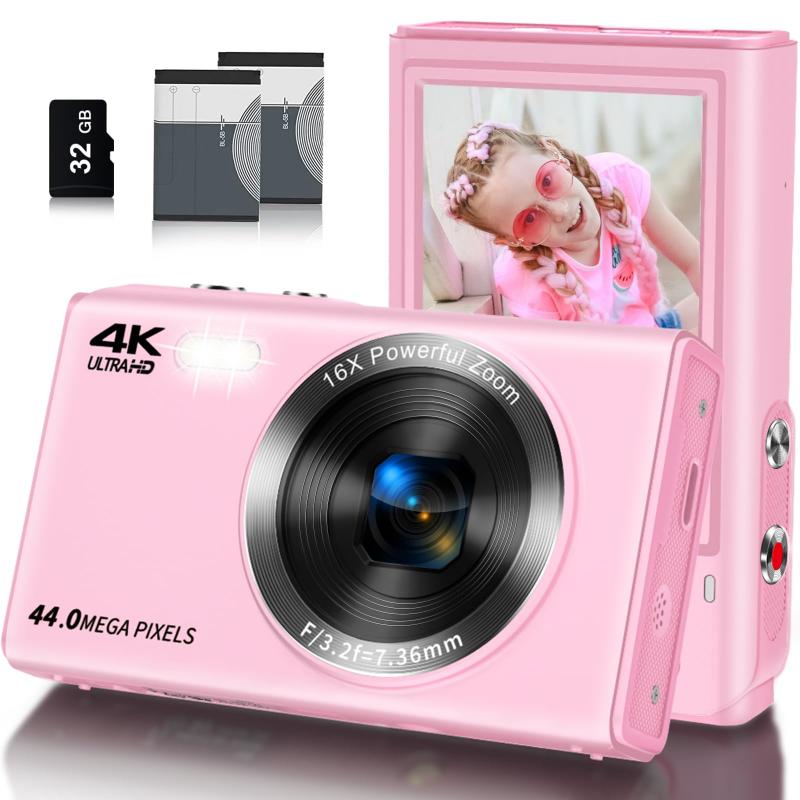
4、 Shooting modes and features
Shooting modes and features are important considerations when choosing a digital camera. The shooting modes determine the type of photography you can do with the camera, while the features determine the quality of the images you can produce.
When it comes to shooting modes, most digital cameras come with the basic modes such as auto, manual, and program modes. However, some cameras come with advanced modes such as aperture priority, shutter priority, and full manual control. These modes allow you to have more control over the camera settings and produce better quality images.
In terms of features, the latest digital cameras come with advanced features such as high-resolution sensors, fast autofocus systems, and image stabilization. These features allow you to capture high-quality images even in low light conditions and produce sharp and clear images.
When choosing a digital camera, it is important to consider your photography needs and budget. If you are a beginner, a basic camera with auto and program modes may be sufficient. However, if you are a professional photographer, you may need a camera with advanced shooting modes and features.
In conclusion, the choice of digital camera depends on your photography needs and budget. Consider the shooting modes and features of the camera to ensure that it meets your requirements. Additionally, keep up with the latest point of view and reviews to make an informed decision.


